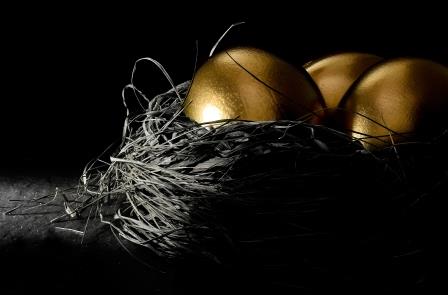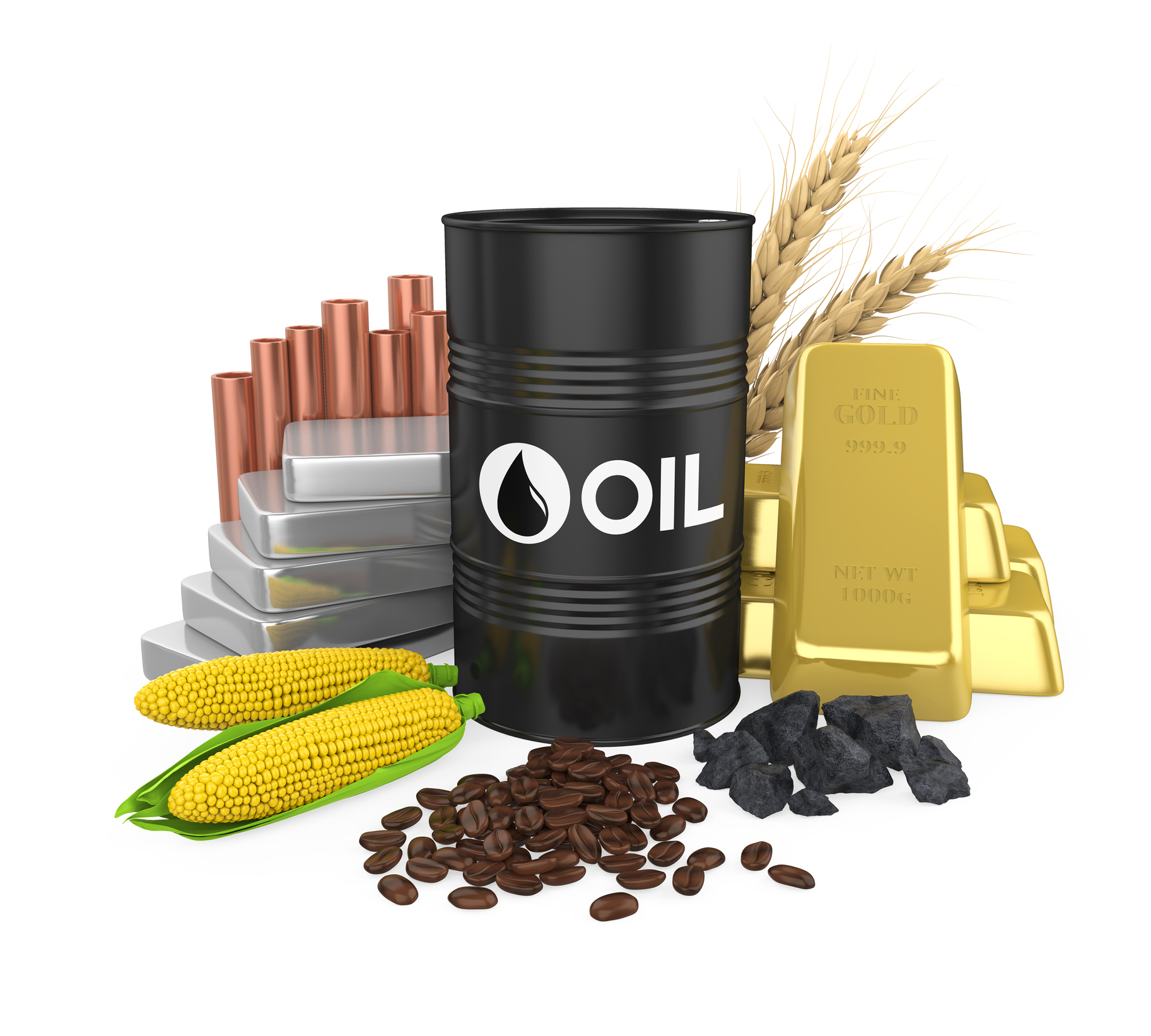The auto sector is among the best performers in 2023. The Nifty Auto index has rallied by 24% YTD. Initially, we had a skeptical view regarding the sector’s outlook due to fading pent- up demand and high vehicle costs. However, lower input costs and price hikes have driven margin expansion leading to stable earnings growth.
Upcoming seasonal demand is likely to push domestic gold prices higher
Gold prices moderately gained in August after hawkish comments from the US Federal Reserve and a drop in US bond yields. In the key London spot market, prices retracted from a five-month low of $1883 and edged higher by more than three percent since the middle of August.
In addition to the firm overseas market, expectations of seasonal demand and a weak Indian Rupee added additional support to domestic gold prices.
Festival demand for gold in India
Domestic demand plays a critical role in determining gold prices in India. Demand for gold in the country varies throughout the year due to cultural, religious, and economic factors. While gold is purchased and gifted for various occasions, there are specific seasons like weddings and festivals when the demand tends to be higher.
The period from October to December is the peak of wedding season in India. Key festivals like Diwali and Dussehra usually fall during the same period. Traditionally, this period is a significant driver for gold demand and thus the prices of metal.
Earlier, the all-time high prices had a noticeable impact on the physical demand for the commodity. Increased gold rates have reduced the affordability of gold jewelry and deterred consumers from making significant purchases causing a decline in demand.
Weak INR and Indian gold prices
A weak domestic currency supporting to the trend. The Indian rupee has lost significantly in the past few years. In the last two years, INR has lost about 15 percent due to various factors which include a strong US greenback.
India is one of the largest consumers of gold in the world, but it doesn’t produce enough domestically to meet this demand. Therefore, India relies heavily on gold imports. When the Indian rupee is weak, it takes more rupee to buy the same amount of foreign currency (i.e., US dollar) making gold imports more expensive. Importers must pay more rupees to purchase the same quantity of gold, which can lead to higher costs for gold in the country.
Managing price volatility and short-term outlook
Gold is a popular investment and ornamental asset in India, and its demand is sensitive to price fluctuations. When prices are high, it becomes more expensive for individuals to purchase jewelry, coins, or bars. High prices can lead people to explore alternative investments or savings options that offers better returns or lower costs.
Since domestic gold prices are usually highly volatile, investors can opt to buy gold on a systematic basis. One can also add more gold to their portfolio when there is any price correction. It would be ideal to buy in small quantities for a longer duration to manage the price volatility.
Looking ahead, as the key demand season is yet to start, it may boost domestic demand in the coming months. In addition, a weak Indian Rupee also offers additional support to the metal. However, domestic investors should also track international prices, import duties and taxes, inflation, interest rates, and global economic and geopolitical events that could affect the short-term outlook of the metal. On the technical side, international market prices are most likely congested inside the $2072-1850 an ounce level, and breaking any of the sides would suggest fresh short-term directions. In the domestic market, prices may congest inside Rs.62500 – 54000 per ten-gram levels in the near future.
First published in Economic Times










